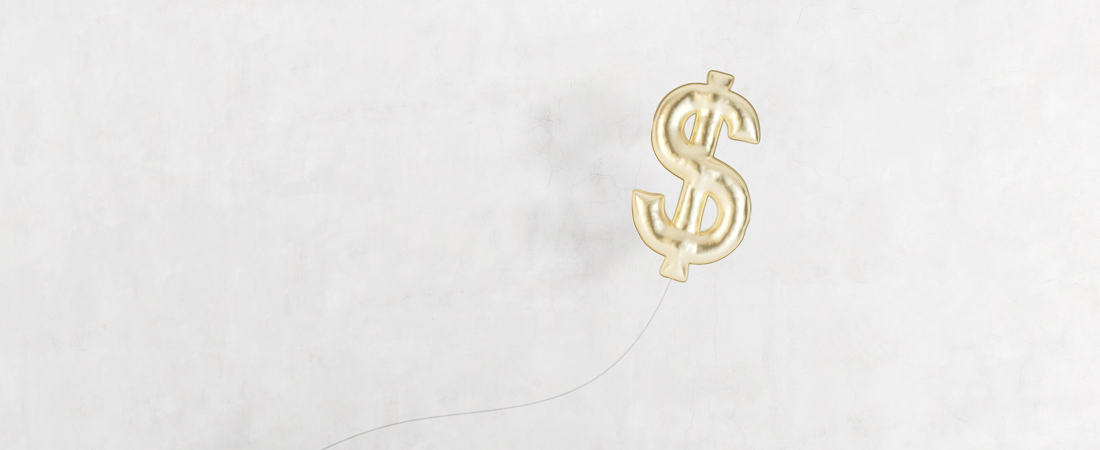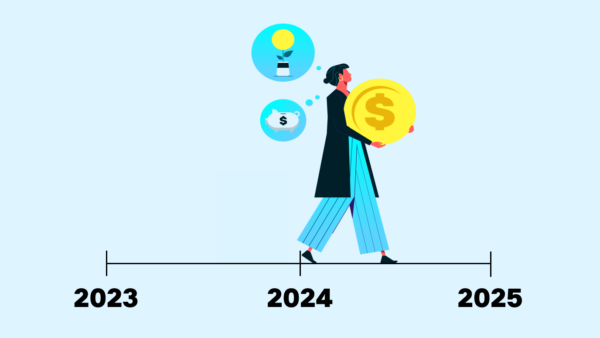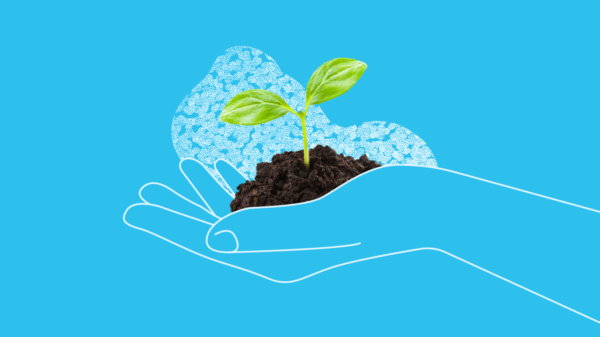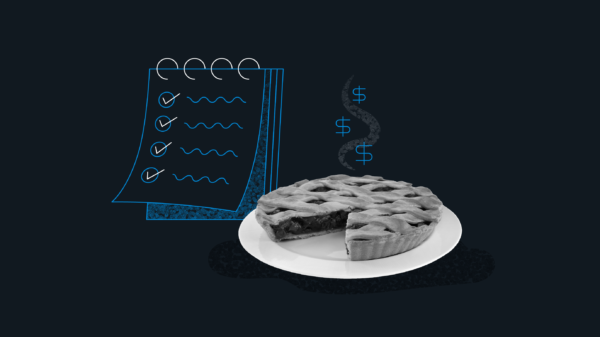Jun 25, 2018
How Inflation Could Be Eating Up Your Paycheck
The economy is humming, but that has some downsides.

Does it feel like your money isn’t going as far as it used to? Blame inflation.
U.S. inflation hit a six-year high in May, according to government data. The Consumer Price Index jumped 0.2% between April and May and is up 2.8% from a year ago.
While this is in line with Labor Department expectations, it’s one of the main reasons many Americans aren’t seeing much of an increase in their paychecks.
What does it all mean? In short, that everything is more expensive, and that your money is worth less than it was a short time ago. You aren’t necessarily getting paid less–but everything is getting more expensive.
Let us explain:
What’s inflation?
Inflation is the tendency of money to lose value over time. Or, in other words, it refers to the rising cost of goods and services over time. It’s a metric that measures the rising cost of living.
Listen up: Check out the “I Don’t Get It: What’s Inflation?” episode of Stash’s Teach Me How to Money podcast.
What’s the consumer price index?
The Consumer Price Index, or CPI, measures inflation. The Bureau of Labor Statistics releases monthly reports relating to prices, calculating the fluctuation in prices across different parts of the country and for different goods. From those calculations, inflation is expressed as the CPI.
How does inflation work?
There are numerous factors at play when it comes to inflation. But the main two are the ever evolving supply and demand mechanics related to the goods and services you buy, and consumer confidence, which is a measure of how consumers feel about the economy.
What you need to know, though, is that inflation slowly eats away at your money.
So, if you’re holding $1 in cash today and the inflation rate is 2%, it will be worth approximately $0.98 a year from now. That may not sound like much, but if you’re holding a lot of cash, inflation can leave a significant dent.
Is there anything you can do to protect your money?
Analysts expect the inflation rate to drop a little by year’s end, but not by much.
As for guarding against inflation? Probably your best bet is to invest or deposit your money into something with a higher rate of return than the inflation rate. Most bank accounts won’t cut it–they will pay you interest, but even the highest rates are around 2%, which means you’re still a step behind inflation at its current rate.
By investing your money and leveraging compound interest, you can potentially shield it from inflation’s effects.
Fear of inflation? Stash has your back.
Learn more about investments that may help keep inflation from gobbling up your money on Stash.
Related Articles

The 2024 Financial Checklist: A Guide to a Confident New Year

9 Ways to Celebrate Financial Wellness Month

Budgeting for Young Adults: 19 Money Saving Tips for 2024

The Best Personal Finance Books on Money Skills, Investing, and Creating Your Best Life for 2024

What Is a Financial Plan? A Beginner’s Guide to Financial Planning

How to Save Money: 45 Best Ways to Grow Your Savings





